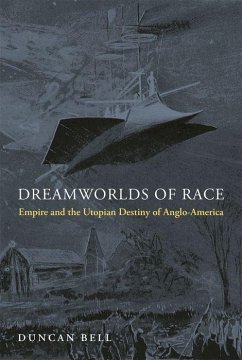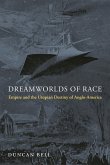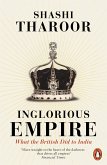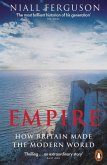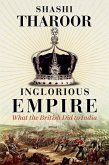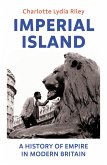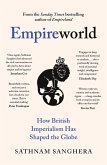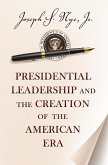"Between the late nineteenth century and the outbreak of the First World War, many prominent thinkers in Britain and the United States elaborated a vision for the unification of the English-speaking world into a single political entity. The basis for this utopian thinking was a shared assumption about the racial and cultural exceptionalism of the Anglo-Saxon peoples. This book by Duncan Bell is the first study of the wide range of figures - prominent scholars, journalists, novelists, politicians and businessmen - who pushed for closer co-operation and integration between the two transatlantic anglophone powers and even for the eventual creation of an 'Angloworld' which would extend to the British settler colonies in North America and the Pacific. Such ideas were given added impetus by geopolitical crises, including the Venezuela boundary disputes of the mid-1890s and the imperial wars in South Africa and the Philippines. The author takes up the ideas of dozens of thinkers on both sides of the Atlantic, from the celebrated to the obscure, though central to the book is a quartet of noteworthy figures: Andrew Carnegie, W.T. Stead, Cecil J. Rhodes, and H.G. Wells. Campaigning groups were established; transatlantic networks were formed; articles, pamphlets, books and speeches were written and disseminated - all with the aim of emphasising unity. Proposals for institutionalising transatlantic links ranged from the modest to the extraordinarily bold. The former included strengthening defence co-operation, deepening economic connections, and co-ordinating imperial strategy, while the latter encompassed plans for the creation of novel forms of political community, even a single transatlantic state. And much of the thinking was underpinned by ideas about race and a shared Anglo-Saxon cultural inheritance. Although the popularity of this vision began to wane in the mid-Edwardian era, versions of it reverberated through the twentieth century, and echo now into the present"--! Provided by publisher

